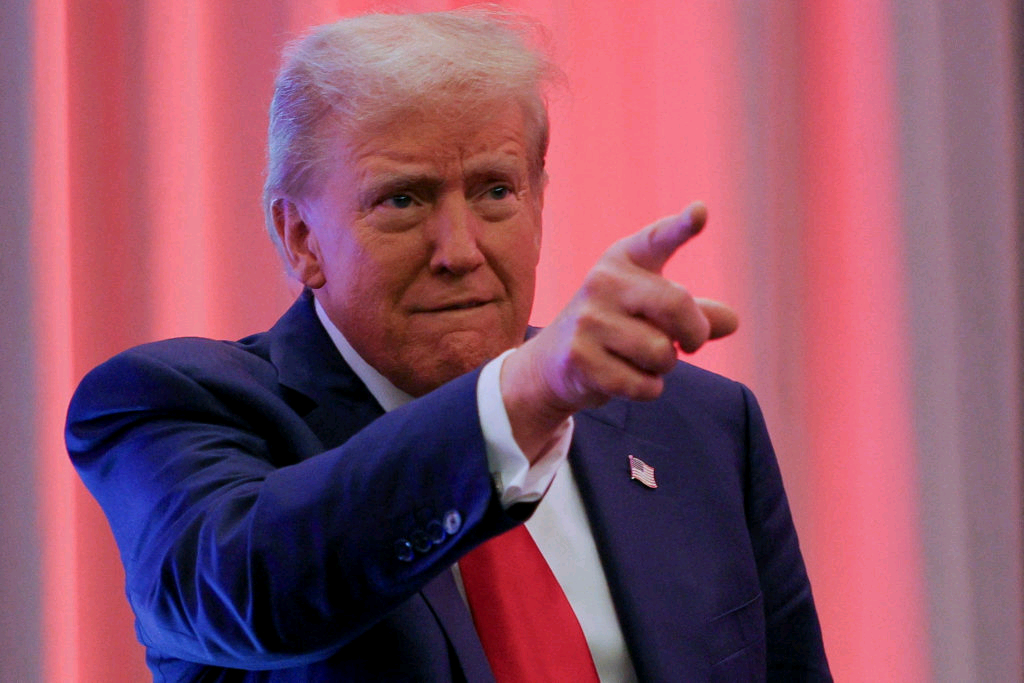By: Chioma Madonna Ndukwu
Donald Trump, the U.S. President-elect, has delivered a strong ultimatum to Gaza militants over the ongoing hostage crisis, demanding that all hostages be freed before he takes office on January 20, 2025. In a statement on his Truth Social platform, Trump declared, “If the hostages are not released prior to January 20, 2025, there will be ALL HELL TO PAY in the Middle East, and for those in charge who perpetrated these atrocities against Humanity.” He further warned that those responsible would face “the harshest response ever witnessed in the history of the United States.”
Trump’s stance contrasts sharply with outgoing President Joe Biden’s diplomatic efforts, which have so far been unsuccessful in securing the hostages’ release or ending the war in Gaza. With around 97 hostages still held in Gaza and Israel’s retaliatory strikes resulting in significant casualties, Trump emphasized his unwavering support for Israel while pledging a tougher approach on the global stage.
While his warning may rally those frustrated with Biden’s handling of the crisis, Trump’s rhetoric raises the stakes for what could be an even more intense U.S. response in the region. The stakes are high, but one has to wonder whether such threats will lead to tangible action or if they are simply a reflection of the political realities surrounding his upcoming presidency.
In my view, Trump’s ultimatum to the militants and his emphasis on a “harder” approach highlights the deep divides between his foreign policy stance and Biden’s diplomacy. The looming question is: Will such aggressive rhetoric lead to meaningful results, or will it escalate tensions further in an already volatile situation?


